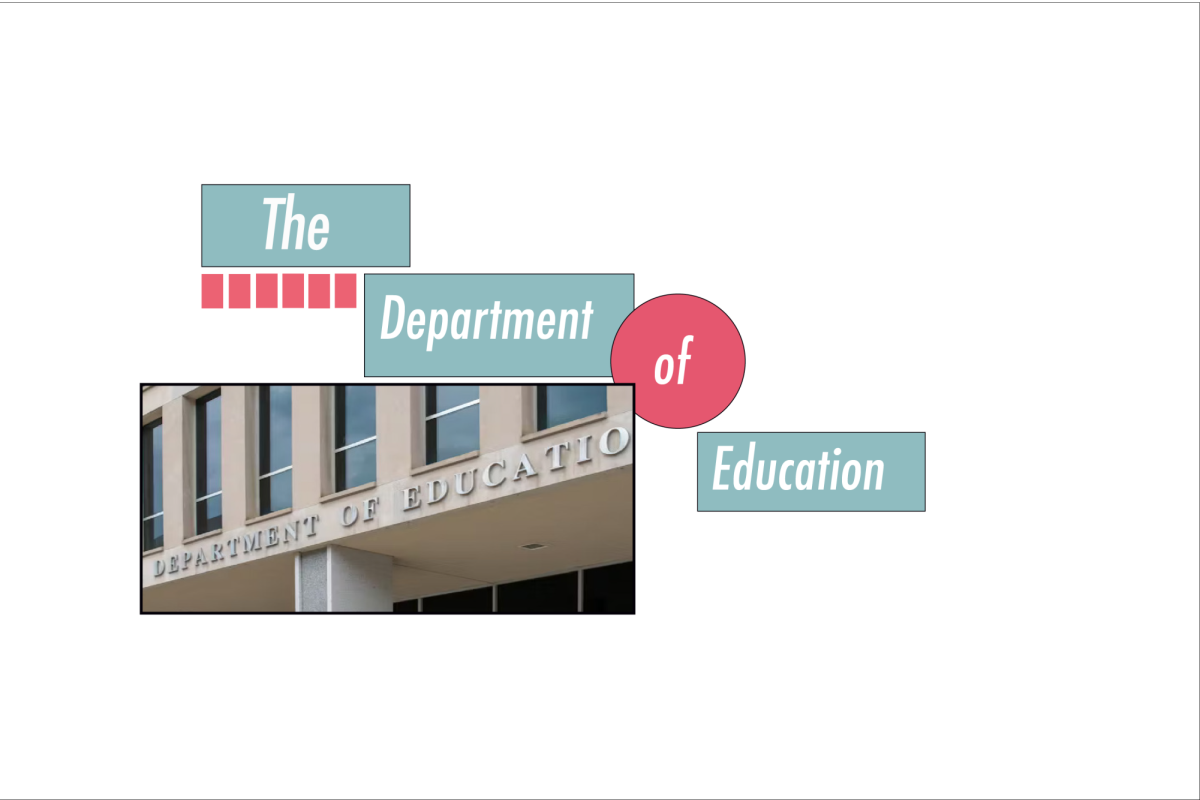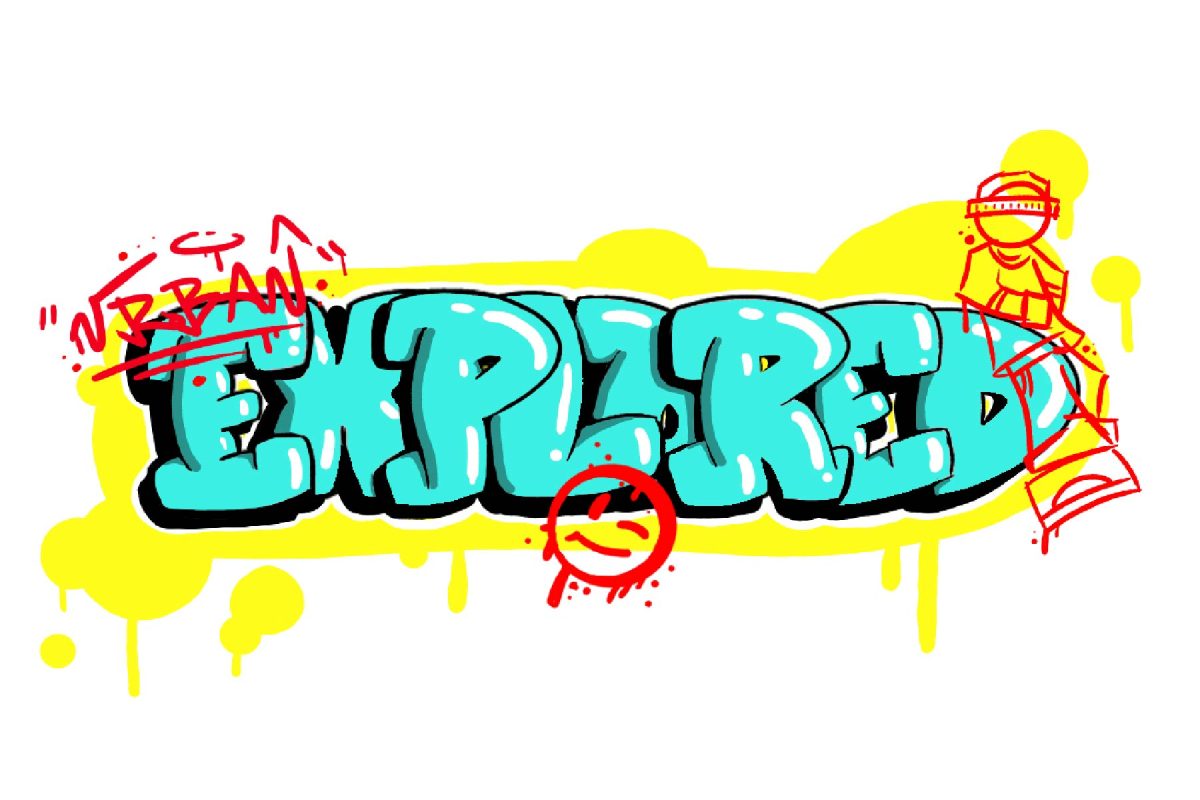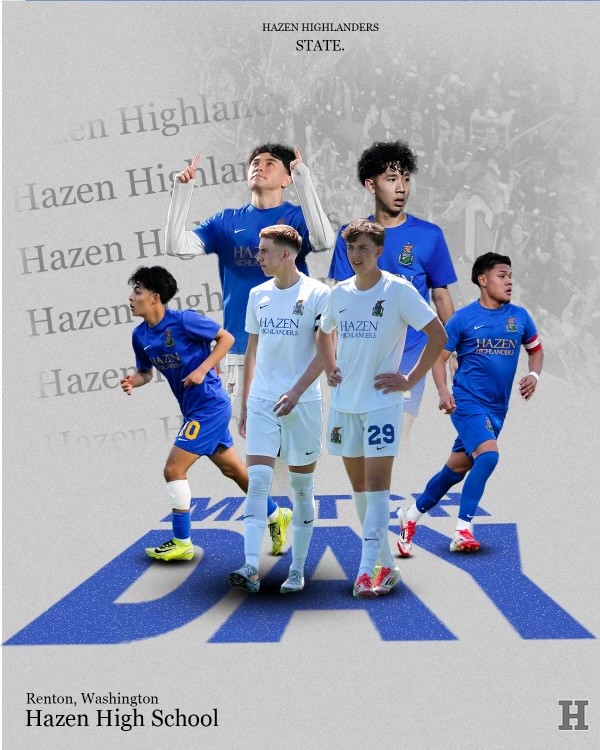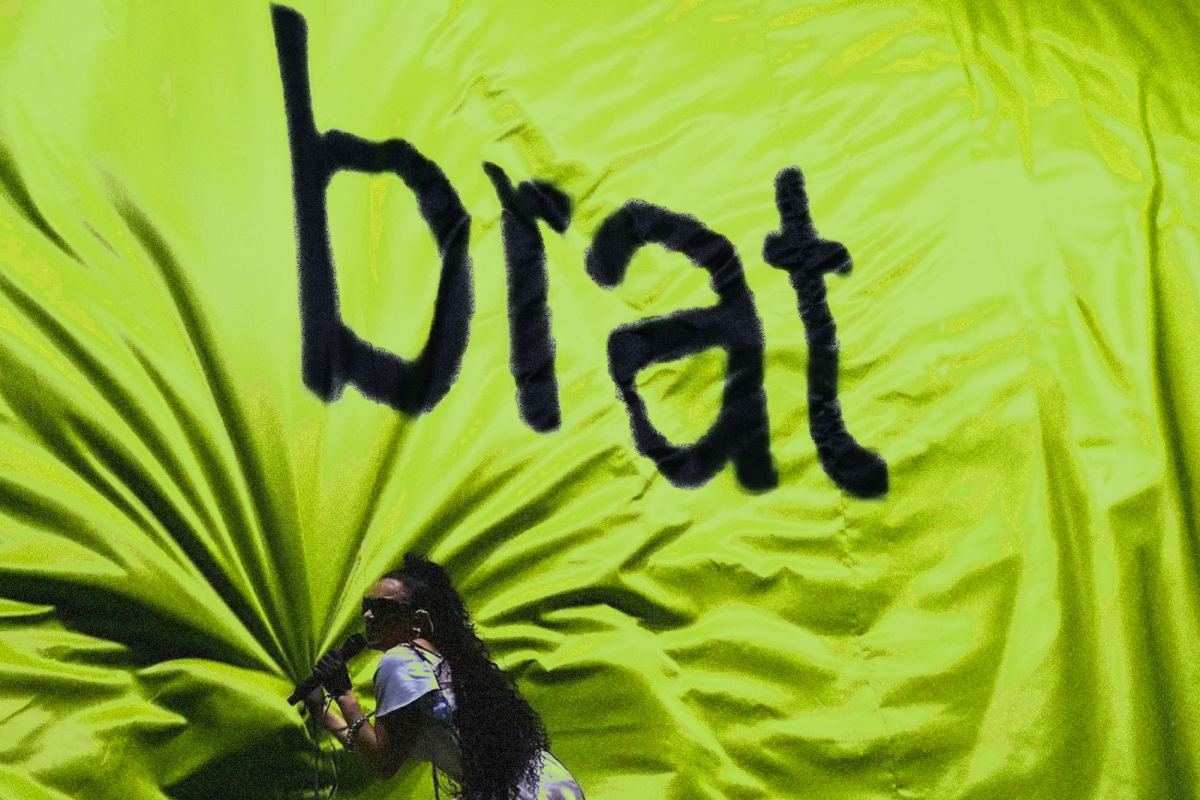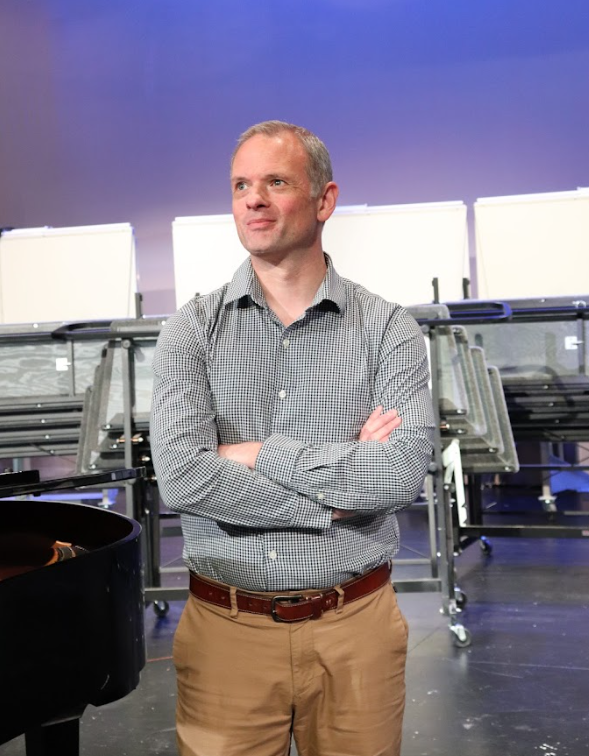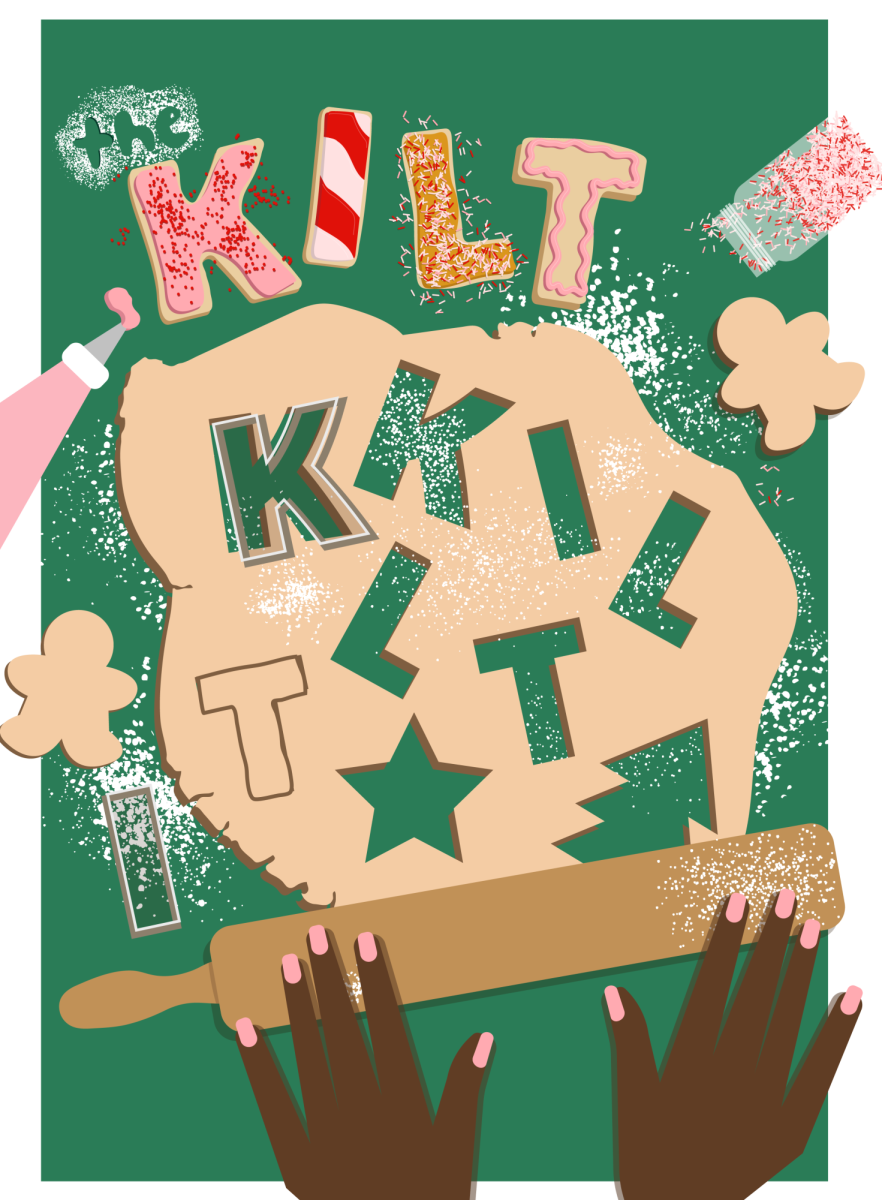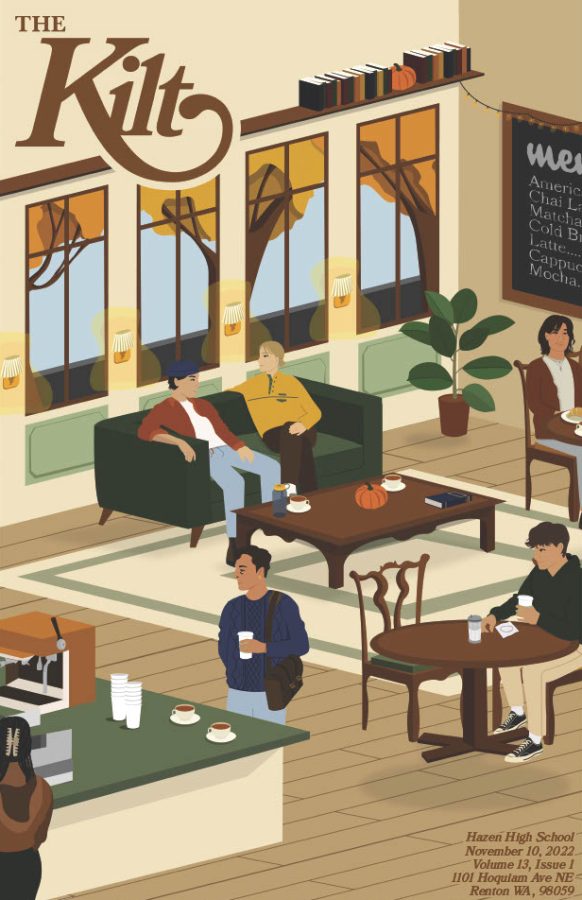The development of social media platforms such as YouTube and Instagram have fueled the uprising of family vlogging channels and accounts. This has sparked controversy, raising the question of whether parents should be allowed to monetize their kid’s childhoods on social media. Some believe this is an abuse of power that interferes with a child’s mental health and development, future, and jeopardizes their safety. However, this question is complex, leaving room for conversation about parents who share stories of their children in a respectful and private manner.
The term ‘sharenting’ has gained traction, used to describe the behavior of parents who frequently overshare private details of their family and children on social media. For example, Ruby Franke was a seemingly normal Mormon mother from Utah with a popular YouTube family vlogging channel known as “8 Passengers.” However, on her channel, she regularly discussed intimate family details, demonstrating sharenting by filming herself punishing her children. She threatened to cut off the head of her youngest daughter’s stuffed animal, took away her son’s bed as a punishment, and sent him to a controversial wilderness camp for behavioral reform.
In addition to these unusual forms of discipline, it was revealed that Ruby Franke had been abusing her children behind the camera on August 2023. She was arrested and charged with six counts of felony aggravated child abuse. As severe punishment, she was proven to have sent her children down to their safe room where they were starved and even had cayenne pepper rubbed into the wounds they had from being bound by duct tape. Although this is an extreme case, it illustrates how sharenting could be a hint that something further is going on behind the scenes. The money and views wracked up by posting sharenting content can be a harmful motivator for abusive parents.
Many argue that sharenting is a violation of a child’s consent. Shari Franke, the eldest adult daughter of Ruby Franke, spoke to Utah lawmakers to address “…the ethical and monetary issues that come from being a child influencer.” She pointed out the hypocrisy that in any other situation, children are unable to provide consent whereas those rules do not seem to apply to family vlogging. She shared that child influencers metaphorically suffer from Stockholm Syndrome as “Most child influencers would probably tell you they have full control over what is posted, but the reality is that their parents bribe and shame them into posting their most vulnerable moments.” As consent by definition can not be coerced or bought, it is evident that child influencers are being exploited. Having their consent disregarded or manipulated from a young age, makes them vulnerable to other forms of abuse or mistreatment in the future.
Sharenting is debated to have negatively impacted the psyche of children when parents use social media as a parenting tactic. The first generation of child influencers has spoken out about their experiences with growing up in front of the camera. Cam Barrett who fell victim to sharenting in her early childhood mentioned that everything from her meltdowns, medical diagnoses, and details of her adoption was shared on the internet as a way to draw in viewers and money.
This form of public shaming and humiliation caused Barrett to isolate herself. Hiding in her room became her only sanctuary from the camera. She stopped confiding in her parents, fearful that her secrets and personal information would be shared with the world.
Eventually, the taunting and bullying caused by classmates and teachers caused them to completely drop out of school. Now, Barrett uses her voice to advocate for child influencers as she does not want them to face the same mental health struggles caused by having their entire life broadcasted.
Additionally, social media is a place where unsolicited feedback and unfiltered hate comments are unfortunate yet inevitable. When parents post their children, they are opening them up to a world of hate. Bobbi Althoff, a podcaster and social media influencer was quick to realize this when a satirical video she made of her six-month-old being a ‘genius’ blew up and the comments were filled with people critiquing the child’s looks and intelligence. Disgusted and worried that her child would one day read these comments, Althoff completely removed any content featuring her children. No, she conceals the identity of her newest child including their name to shield them from the criticism of the internet. These preventative measures allow children a better chance to grow into their identities, free of insecurities and standards set for them by strangers on the internet.
Not to mention, capturing a child’s every move and day-to-day life also puts them in physical danger. Posting repetitive schedules and sharing locations that indicate where the child lives makes them susceptible to stalking. Cam Barrett shared an experience in which a man messaged her saying he had seen her and her friends riding their bikes. Although she did not come face-to-face with the stranger and their intentions were unclear, knowing that she was being watched was frightening. Had the stranger approached Barrett, her safety could have easily been compromised. This increased her anxiety, scaring her from leaving her house.
The digital world is full of hidden dangers, strangers lurking behind the safety of their screens. Taking a closer look at the followers of child influencer accounts PBS News interviewed a New York Times reporter Michael Keller who found that the larger the audience, the more male followers there were. Even when children are posted on the internet with pure intentions, some pedophiles make inappropriate comments, and propositions, and send messages to underage girls and children. Several parents who manage social media accounts for their children spoke about deleting several of these inappropriate comments daily. PBS News mentioned that a post featuring a 9-year-old girl wearing a bikini for a brand promotion received many sexually suggestive comments. Some parents view this creepy attention as a lucrative opportunity. Money-hungry parents are knowingly exploiting their children and exposing them to the harms of the internet. As Barrett experienced, these seemingly virtual and controllable harms can quickly escalate into physical dangers in the real world.
As the negative impacts of posting children on the internet are circulating, new generations of parents have started to protect the identity of their children. A prime example is Nara Smith, a model, prominent social media figure, and mother to three children. Nara Smith has recently gained popularity on TikTok for her iconic cooking videos that incorporate a hint of satire. Her videos open with her explaining that her children requested her to make a simple food item such as cereal which she goes on to make completely from scratch in an absurdly fancy outfit. Nara Smith subtly includes harmless stories of her children while protecting their identities by either covering their faces or simply leaving them out of the video. She captures her viewer’s attention with the mention of her children but without revealing any private information. This allows her children the freedom to develop their digital footprint on their terms and relieves them from the criticism of the digital world. They will go on to explore their identities and futures freely, without their past weighing down their potential.
Overall, determining if parents should be allowed to monetize their children is complex as it strongly relies on the parent’s varying intentions. From behind the screen, intentions are difficult to decode. Even with good intentions, there are unavoidable consequences to overexposing children on the internet. Therefore, it is crucial that parents are educated on the harms of social media and avoid posting private content to ensure the mental and physical safety of their children.






